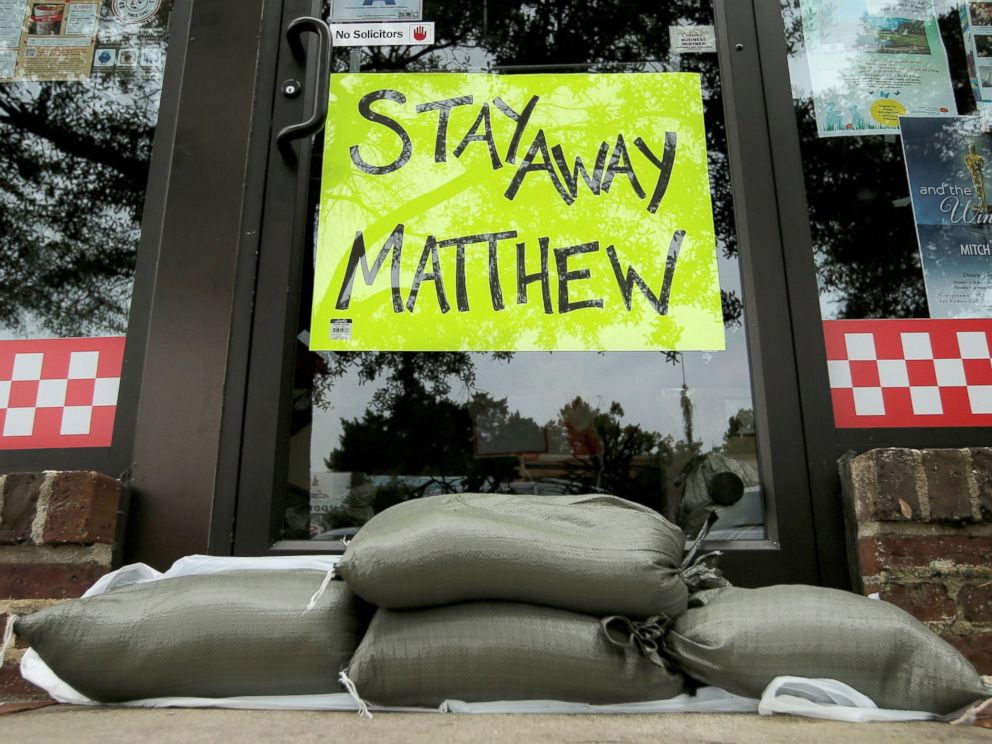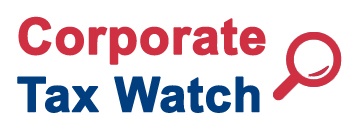You Can Save $20,000 on IRA Rollover Even You Miss The Deadline!

A new IRS rule could save you $20,000 or more if you miss the 60-day deadline for an IRA rollover. A 60-day rollover allows an individual to move money from one retirement account to another. Missing this 60-day deadline could lead to a massive tax bill. Originally, the appeals process for missing the 60-day deadline required a private letter ruling from the IRS, which charged a fee of $10,000. Add on professional fees to prepare the ruling and the total cost of appealing could be $20,000.
Under the new IRS rule, people will be able to complete a late 60-day rollover without penalties if they meet the three requirements below:
1. The late rollover must caused by one of the following 11 excuses:
- An error was committed by the financial institution making the contribution or receiving the contribution.
- The distribution was in the form of a check and the check was misplaced and never cashed.
- The distribution was deposited into and remained in an account that you mistakenly thought was a retirement plan or IRA.
- Your principal residence was severely damaged.
- One of your family members died.
- Your or one of your family members were seriously ill.
- You were incarcerated.
- Restrictions were imposed by a foreign country.
- A postal error occurred.
- The distribution was made on account of an IRS levy and the proceeds of the levy were returned to you.
- The party making the distribution delayed providing information that the receiving plan or IRA required to complete the rollover despite your reasonable efforts to obtain the information.
2. The late rollover must be completed as soon as practicable.
3. A written letter of certification for late rollover contribution must be sent to the receiving company.
Hurricane Matthew Victims Suffered Enough. IRS Gives Some Help with Tax Relief
October 18, 2016 by admin
Filed under Business News

Hurricane Matthew has devastated families and businesses in North Carolina as well as South Carolina, Georgia, and Florida. For those affected, life becomes more difficult as their homes, businesses, and possessions were damaged or lost. Unfortunately, life still goes as many tax deadlines arrive which adds more to worry about for extension tax filers.
Therefore, in light of these events, the IRS has decided to give tax relief to those affected by the hurricane. Instead of worrying about trying to file taxes in 2016, extension tax filers will now have until March 17th 2017 to file their taxes. These tax payers that suffered an uninsured or unreimbursed disaster losses will be allowed to claim for the year of 2016 or for their 2015 extension.
The IRS will also waive late-deposit fees for payroll and excise taxes that are usually due at the beginning of October if they are paid by October 19th.
This relief applies to those that live within the recorded disaster area. No action is necessary from the affected tax payer if they live in the disaster area, but if they are affected and out of the area, they must contact the IRS to receive the relief.
For help with information and eligibility call the IRS at 866-562-5227 or visit disasterassistance.gov
Corporation Tax Reform – Reduction to 20 percent from 35 percent

House Republicans have said for years they want to reform the tax code and now, after much debate, they finally have a consensus plan.
GOP lawmakers are set Friday to unveil a tax code rewrite that substantially differs from ideas they’ve previously put forward, one that will call for a much deeper cut in the corporate tax rate — to 20 percent from 35 percent
Wait until the bill is approved. If approve, this is great for business.
Startup costs: Book vs. tax treatment
November 10, 2015 by admin
Filed under Business News, Tax News
New businesses, which are vital to a healthy economy, usually incur costs before they begin active conduct of their intended business operations. These costs are frequently generically referred to as startup costs of a business.
For financial accounting purposes, these costs are generally included in the category of startup costs and are all treated the same way. However, for tax purposes, costs that are financial accounting startup costs may be required to be further subdivided into smaller more specific categories, each of which is treated differently.
For book purposes, startup costs are costs a business incurs in its activities in preparing to begin its active conduct. Under ASC Section 720-15-20, startup activities include: Opening a new facility; Introducing a new product or service; Conducting business in a new territory; Conducting business with an entirely new class of customers … or beneficiary; Initiating a new process in an existing facility; Commencing some new operation. Financial accounting standards also treat the costs of organizing a corporation or partnership as startup costs rather than as separate costs.
The treatment of preoperational startup costs is potentially much more complex for tax purposes than financial accounting purposes. Costs that are startup costs for financial accounting purposes must be analyzed and possibly subdivided into smaller categories, each of which is treated differently for tax purposes. Making things more confusing, one of these smaller categories for tax purposes includes the costs described in Sec. 195, which commonly are referred to as startup costs in tax discussions.
Please contact your CPA for advise.
IRS finds widespread noncompliance by colleges and universities
The IRS published its final report concerning its Colleges and Universities Compliance Project, finding compliance issues related to unrelated business taxable income (UBTI) and compensation practices. The IRS conducted the study to find out why colleges and universities had so much unrelated business activity but owed so little tax and to examine their compensation practices. The IRS examined tax returns from 34 colleges and universities it selected from among 400 it surveyed by questionnaire. The examined schools were divided almost evenly between private and public institutions, with about two-thirds reporting enrollments greater than 15,000 students.
Unrelated business taxable income. An exempt organization, including exempt colleges and universities, must pay tax on income from an unrelated trade or business, defined as an activity not substantially related to the accomplishment of the organization’s exempt purposes, even if the income from the business is used to support those purposes. Losses from one activity can offset income from another; however, continuing losses can indicate a lack of profit motive, which would disqualify the activity’s losses from the netting process.
The IRS found that UBTI was underreported at 90% of the institutions examined, with a total understatement of more than $90 million from 30 unrelated activities. The majority of the activities with unreported UBTI were fitness and recreation centers, sports camps, advertising, facility rentals, arenas, and golf courses. Nearly half of the institutions had adjustments to UBTI from advertising and/or facility rentals, and about one-third had adjustments from fitness and recreation centers and sports camps, arenas, and/or golf courses. The report identified four primary reasons for understated UBTI: (1) lack of profit motive, (2) improper expense allocation, (3) misclassification of certain activities as exempt, and (4) miscalculated or unsubstantiated net operating losses.




